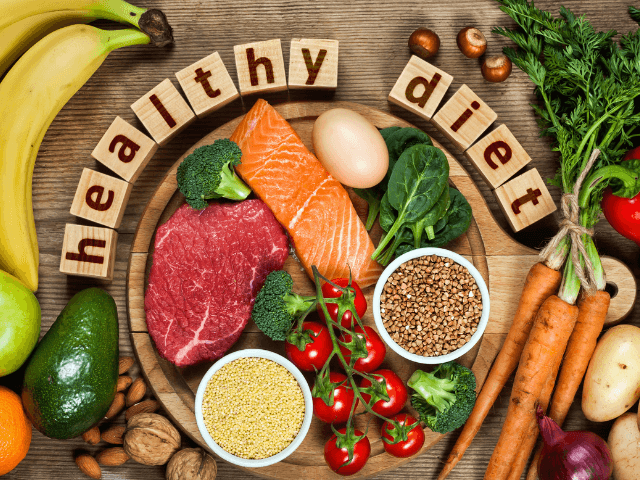
You do not necessarily need to follow a specific diet to lose fat, but having a well-designed nutrition plan can certainly help.
The most important aspect of a diet for fat loss is creating a calorie deficit, which means consuming fewer calories than you burn. This can be achieved through a combination of reducing calorie intake and increasing calorie expenditure through exercise. To achieve a calorie deficit, you can either eat less, move more, or a combination of both.
That said, the type of foods you eat can also play a role in weight loss.
Eating nutrient-dense, high-protein foods can help preserve muscle mass, while eating fiber-rich foods can help you feel full and satisfied, which can make it easier to stick to a calorie-reduced diet.
Some popular diet plans for fat loss include:
Low-carb diets, like the ketogenic diet, which focus on reducing carbohydrate intake and increasing fat intake.

Low-fat diets, which focus on reducing fat intake and increasing carbohydrate intake. Intermittent fasting, which involves eating within a specific time window (for example, only during an 8-hour period each day.
It’s important to note that the best diet plan for you will depend on your individual needs and preferences. Some people may do well on a low-carb diet, while others may do better on a higher-carb diet. A registered dietitian or a certified nutritionist (program page) who can create a customised plan for you (program page) can help you determine the best plan for you.
Ultimately, the most important thing is to find a way of eating that you can stick to in the long term, as any diet you can maintain is a good one.


